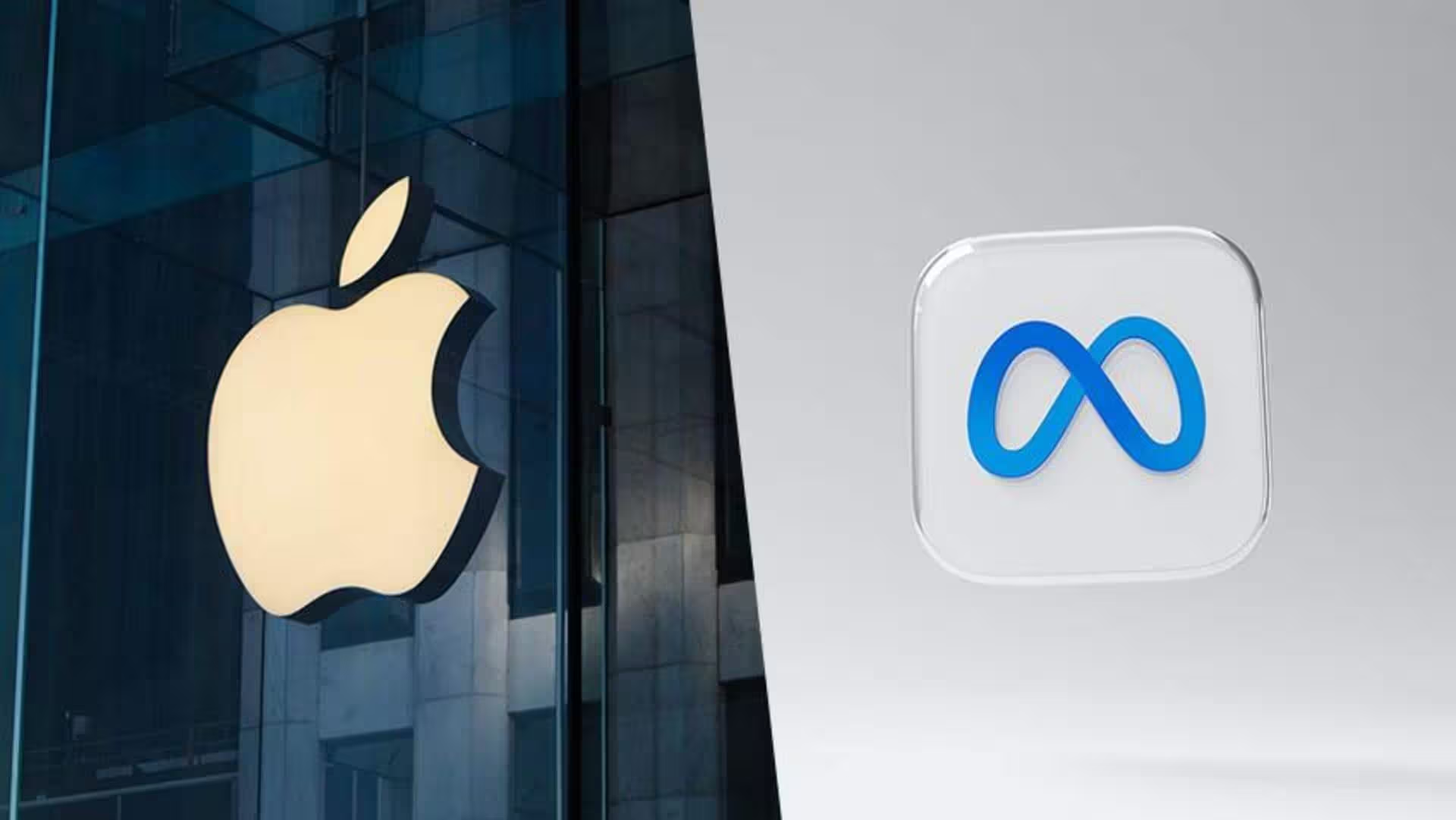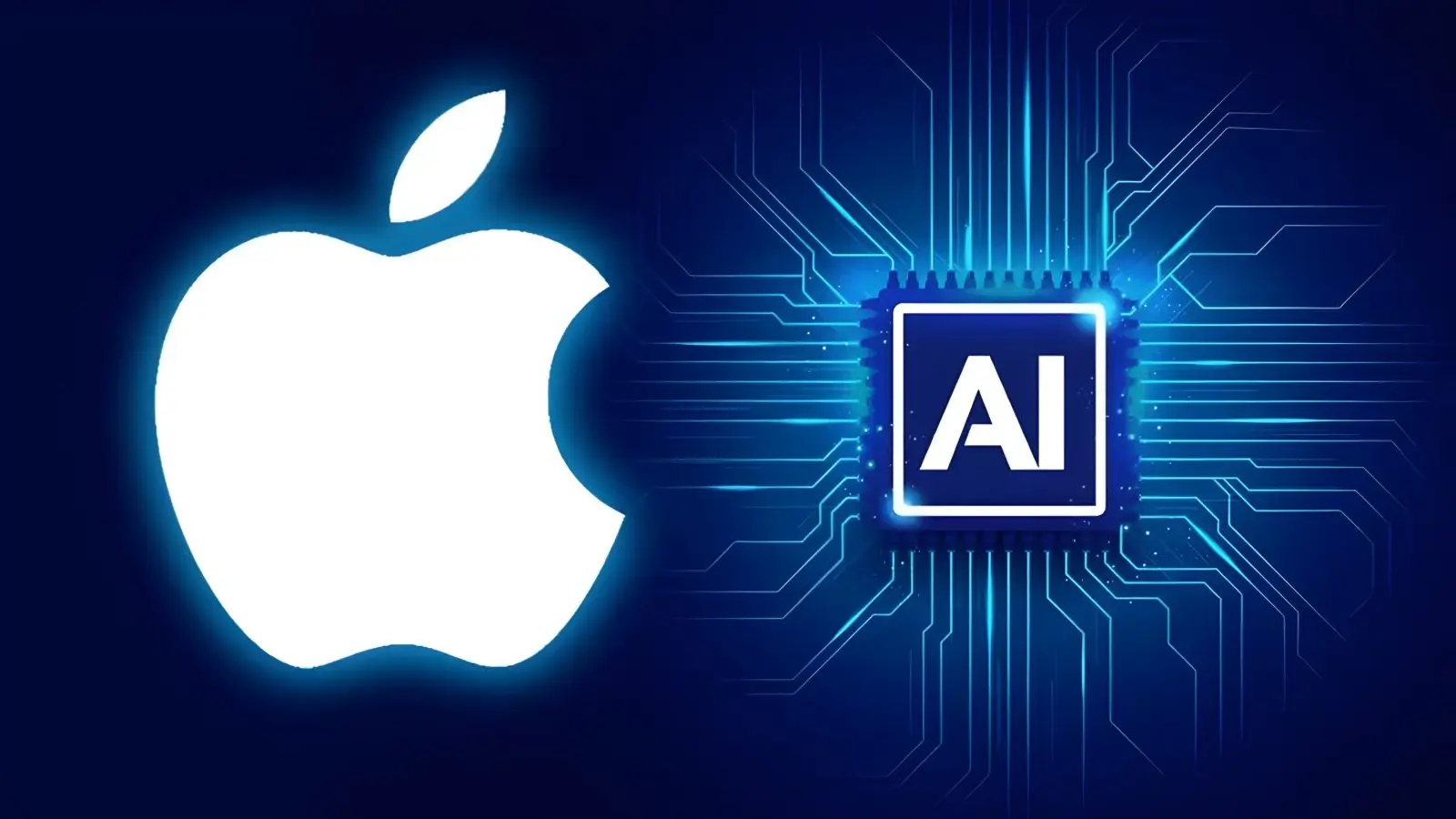4 Minutes
Apple's push to make Siri smarter hit an unexpected snag this week. Ke Yang, who had just been named head of Apple's Answers, Knowledge and Information team, is reportedly leaving for Meta — a move that raises fresh questions about the future of Apple Intelligence and Siri's roadmap.
Why this hire matters more than it looks
Ke Yang's brief stewardship of the AKI team wasn't just a routine personnel shuffle. The group is central to Apple's effort to give Siri the ability to fetch web-sourced answers in a ChatGPT-style way, blending on-device processing with server models while maintaining Apple's emphasis on privacy. Losing that leader at a critical moment is a tangible setback for Cupertino's still-evolving AI efforts.
Apple's recent AI sprint — quick recap
Despite the blow, Apple has been steadily building an AI stack that relies on a mix of in-house models, partnerships, and acquisitions. Recent moves include:
- Partnering with OpenAI to integrate LLMs into Apple Intelligence.
- Buying startups such as TrueMeeting and WhyLabs to boost AI capabilities.
- Developing a 3-billion-parameter model optimized for iPhones and iPads, plus server-based LLMs for heavier tasks.
- Launching Private Apple Intelligence to perform simple AI work on-device and offload complex jobs to encrypted, stateless cloud servers.
- Opening foundational models to third-party developers through the Foundational Models Framework to improve cross-app AI workflows.

What this means for Siri and Apple Intelligence
Imagine asking Siri to find a paragraph from a podcast you heard in a text thread, or to pull the latest data from the web and answer with context. Those are the sorts of features the AKI team was building toward: in-app actions, personalized context awareness, and the ability to select which large language model to use for specific tasks.
With Yang departing, timelines could shift. Apple has already rolled out some AI features since October 2024, but the most anticipated capabilities — seamless in-app actions and deep personal context awareness — are still on the horizon. How quickly Apple can replace leadership and keep momentum on integrations like third-party LLM selection or Siri-driven in-app tasks remains an open question.
Will Apple change course or double down?
Apple appears to be doubling down on privacy-forward differentiation. Its hybrid approach—doing lightweight AI work on-device and routing heavier tasks through encrypted cloud processes—remains central. But talent movement like this highlights how competitive the AI hiring market is. Meta's poach signals aggressive hiring and could accelerate feature competition between major platforms.
Features to watch in the coming months
- Third-party AI integrations: Users may soon choose which LLM Siri leverages for certain tasks, whether that's OpenAI's GPT or Google's Gemini.
- In-app Actions: Voice-driven, context-based actions inside supported apps, such as adding grocery items, sending messages, or queuing music.
- Personal Context Awareness: Siri using personal data safely to provide tailored help, like finding a podcast mentioned in Messages.
Ke Yang's move to Meta is a reminder that AI progress depends on people as much as on models. Apple has made significant technical strides, but leadership changes and the tight talent market could reshape timelines. For users, that means keeping an eye on both product rollouts and the recruiting battles behind the scenes.
Source: wccftech


Leave a Comment